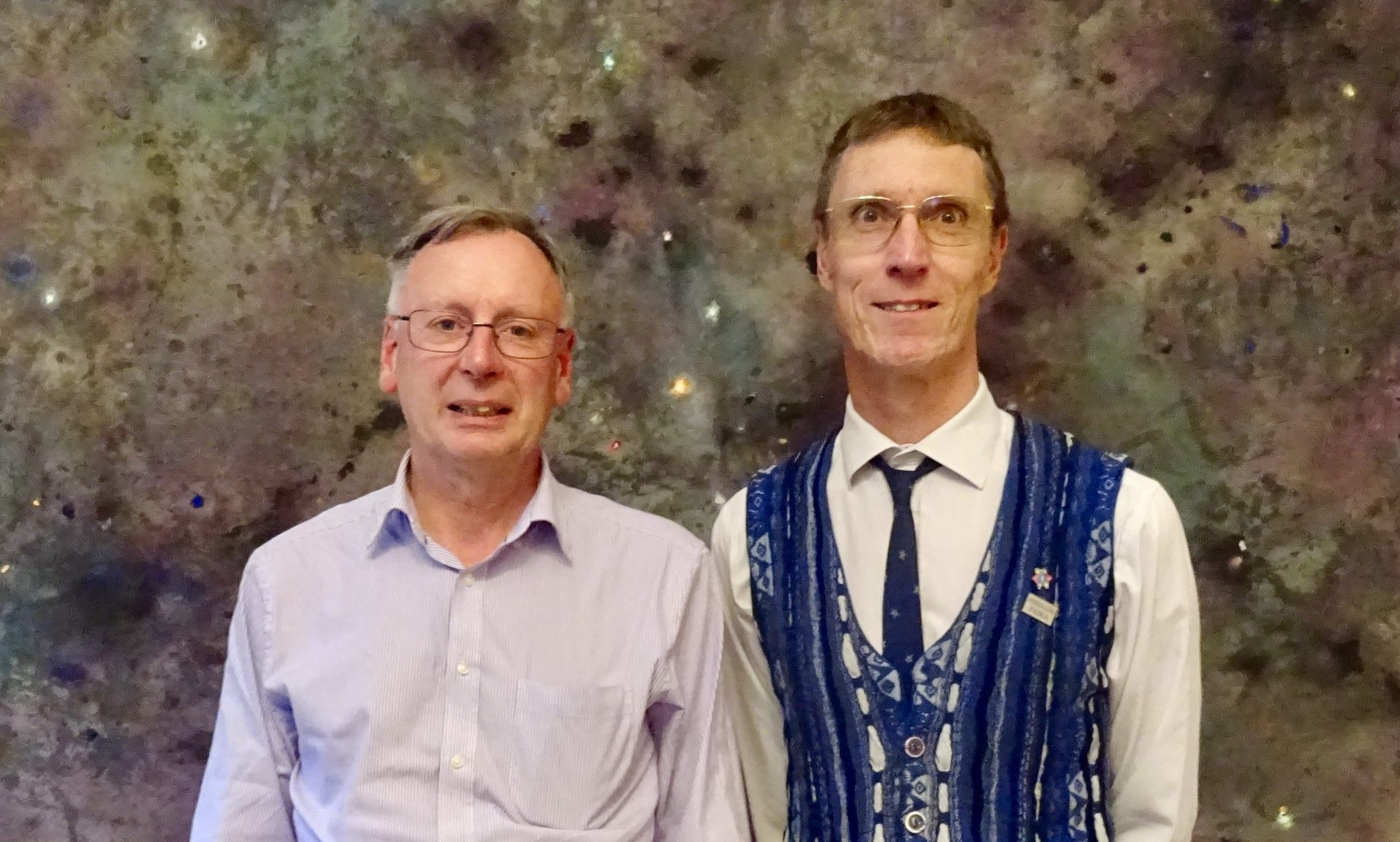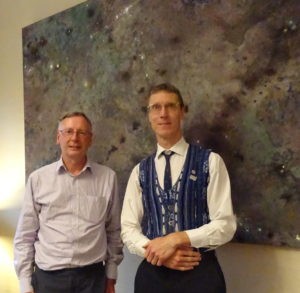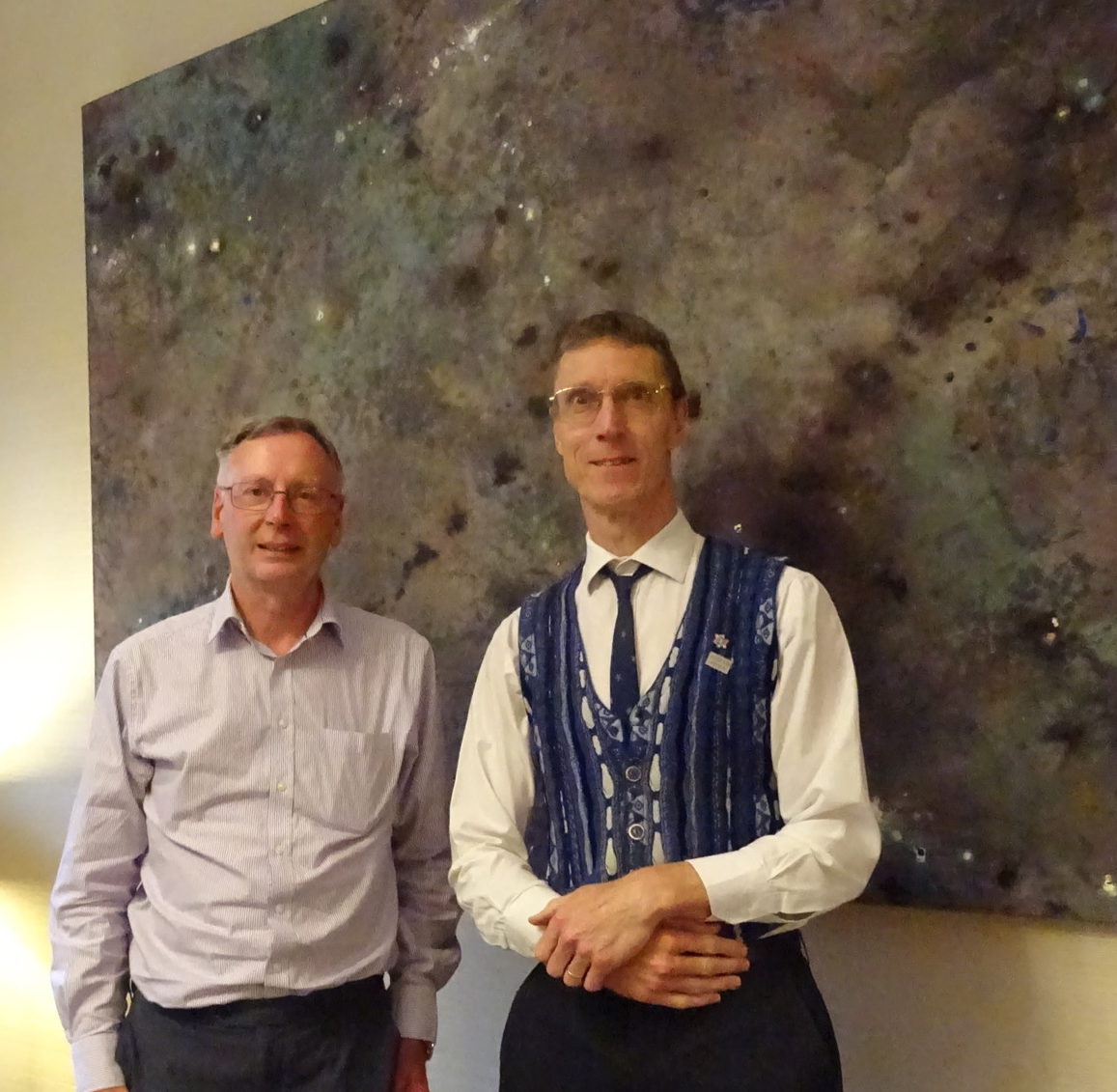13 Jun 2018
Sean
Ryan
SEPnet

SEPnet announces Executive Director to lead its next phase
Ten years after SEPnet was launched with HEFCE funding in 2008 to sustain Physics in the South East region, SEPnet is about to enter its third phase funded by its nine member (The Universities of Hertfordshire, Kent, Portsmouth, Southampton, Surrey, Sussex; The Open University; Queen Mary University of London; and Royal Holloway University of London).
The purpose of SEPnet Phase 3, agreed by the members, is to assure the viability of Physics in the South East by continuing to facilitate regional collaborations to address common challenges in areas such as Outreach and Public Engagement, employer engagement, graduate training, and research. Its vision is �Working together to deliver excellence in physics�.
To lead SEPnet into this next phase, we are pleased to announce that Professor Sean Ryan of the University of Hertfordshire has agreed to become Executive Director of the network, effective 1st August 2018. Sean succeeds Dr James West who became Executive Director in February 2010 and who will be retiring on July 31st.
Sean is Professor of Astrophysics at the University of Hertfordshire and held the post of Dean of School of Physics, Astronomy and Mathematics from 2006-2015, during which time he negotiated the University�s membership of SEPnet for the start of Phase II.
[caption id="attachment_4074" align="alignleft" width="197"]

James West (left), Sean Ryan (right)[/caption]
SEPnet would like to thank James West for his leadership of the network for the past eight years and for securing the funding for the next phase, and welcome Sean Ryan as its next leader.
James West: "SEPnet has been an enjoyable challenge and we have shown that collaboration works to secure the future for physics in the region and for our members. I'm pleased that a senior Physics academic of Sean's standing has been appointed and I'm confident under Sean's leadership, the next phase can build on the foundations of the past 10 years to bring new opportunities to address the challenges of the future."







